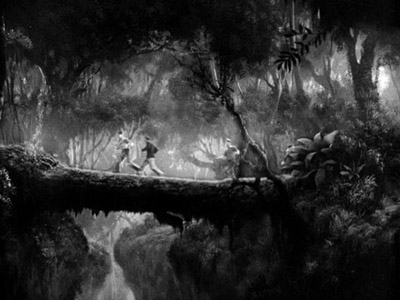Tuesday, February 14, 2012
Man Thinking
“Each philosopher, each bard, each actor, has only done for me, as by a delegate, what one day I can do for myself.”
Ralph Waldo Emerson, in his essay titled “The American Scholar,” places much emphasis on the importance of being your own person. His entire speech, from his idea of the effects of nature on the soul, to his ideas of “the bookworm,” the influence of the past, and of great writers like Shakespeare, becomes permeated with this theme of independence. Emerson entitles his “independent” and free thinking scholar “Man Thinking,” emphasizing that freedom from imitation and dependence, becoming one’s own self, is an ongoing and perpetual process. Emerson discusses the importance of nature, such that every aspect of nature can be duplicated by another similar aspect of our soul, mentioning that the understanding of the circular power among the two can allow the scholar to become “Man Thinking.” This ideal scholar is also never a “bookworm,” as such a man only uses another author’s mind to formulate an unoriginal and imitative experience for himself. Emerson explains that for “Man thinking,” books are merely a tool, and that real experience comes from within. Emerson means to say that through the works of talented authors and writers, a good scholar will come to learn of and value their opinions, but the formulation of the scholar’s own opinions will come from his own mind and his own experiences. The author’s opinion is only a thought that will pass through “Man Thinking,” and he will move on to the next one.
“The American Scholar” provokes thought in any reader, but particularly in the University student, as Emerson is speaking to the swarms of students, imitators and followers, that believe that true education involves the experiences that professors decide we need to experience, and by being able to interpret and “Shakespearize” well-renowned authors and professionals in academia, we too have succeeded in bettering ourselves and our knowledge of the world.
Monday, February 6, 2012
The Journey
The Most Dangerous Game, a short story by Richard Connell, chronicles the accidental but terrifying adventure of a hunter named Rainsford, who ends up on Ship-Trap island after falling overboard a yacht on his way to Rio De Janeiro for a hunting trip. A talented hunter who has never understood or chosen to believe that his prey feel fear or pain, Rainsford gets thrown into a living nightmare when he comes to the realization that on Ship-Trap island, the hunter as now become the hunted. After three days spent running and hiding from his hunter, General Zaroff, Rainsford finally escapes and kills the man, coming to the powerful realization of the close connections between a predator and its prey, experiencing sheer terror in the process. Rainsford presumably leaves Ship-Trap island, and as a "changed" man.
Among the conflict of the hunter vs. the hunted, other themes present in the story include the idea of day vs. night, civilization vs. the uncivilized, rational thoughts vs. instinct, human vs. animal, and order vs. chaos.
Among the conflict of the hunter vs. the hunted, other themes present in the story include the idea of day vs. night, civilization vs. the uncivilized, rational thoughts vs. instinct, human vs. animal, and order vs. chaos.
Subscribe to:
Posts (Atom)

